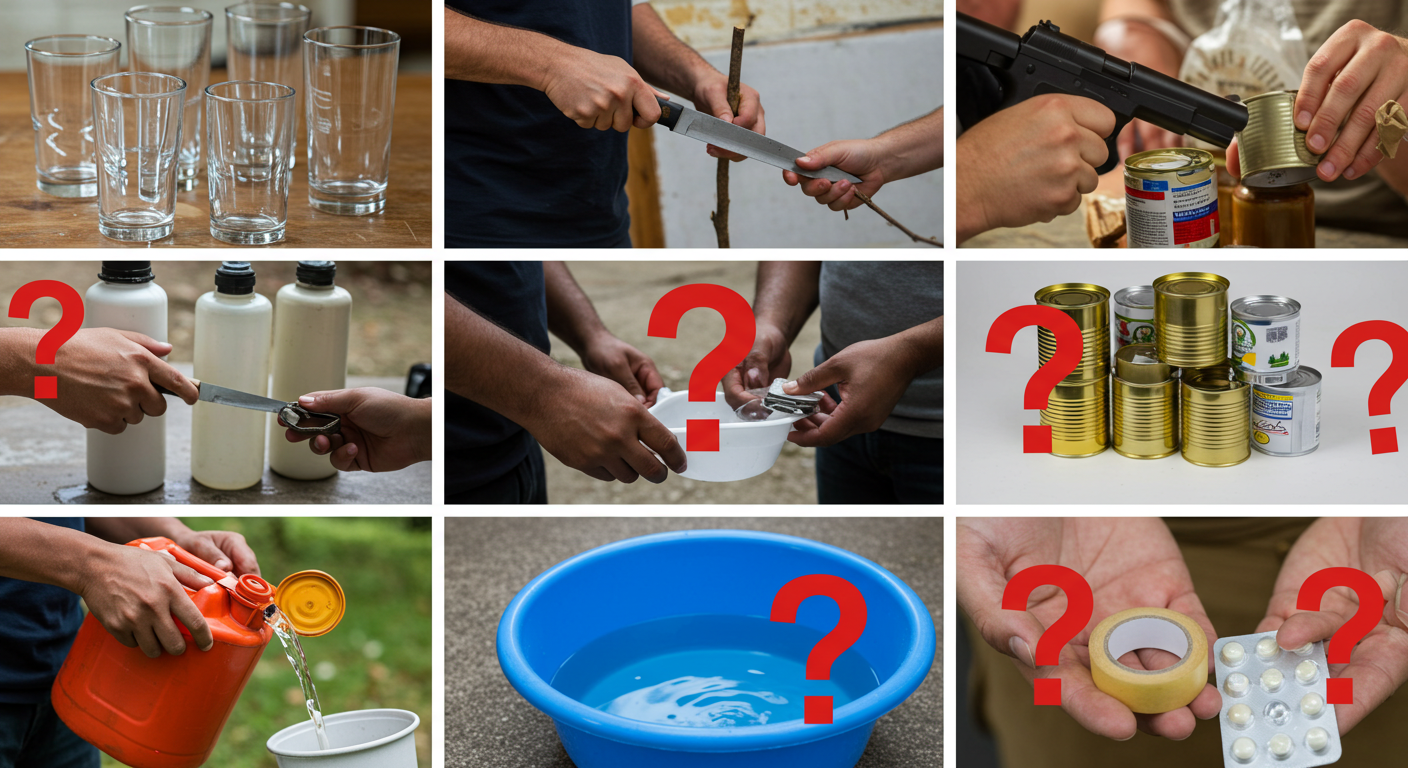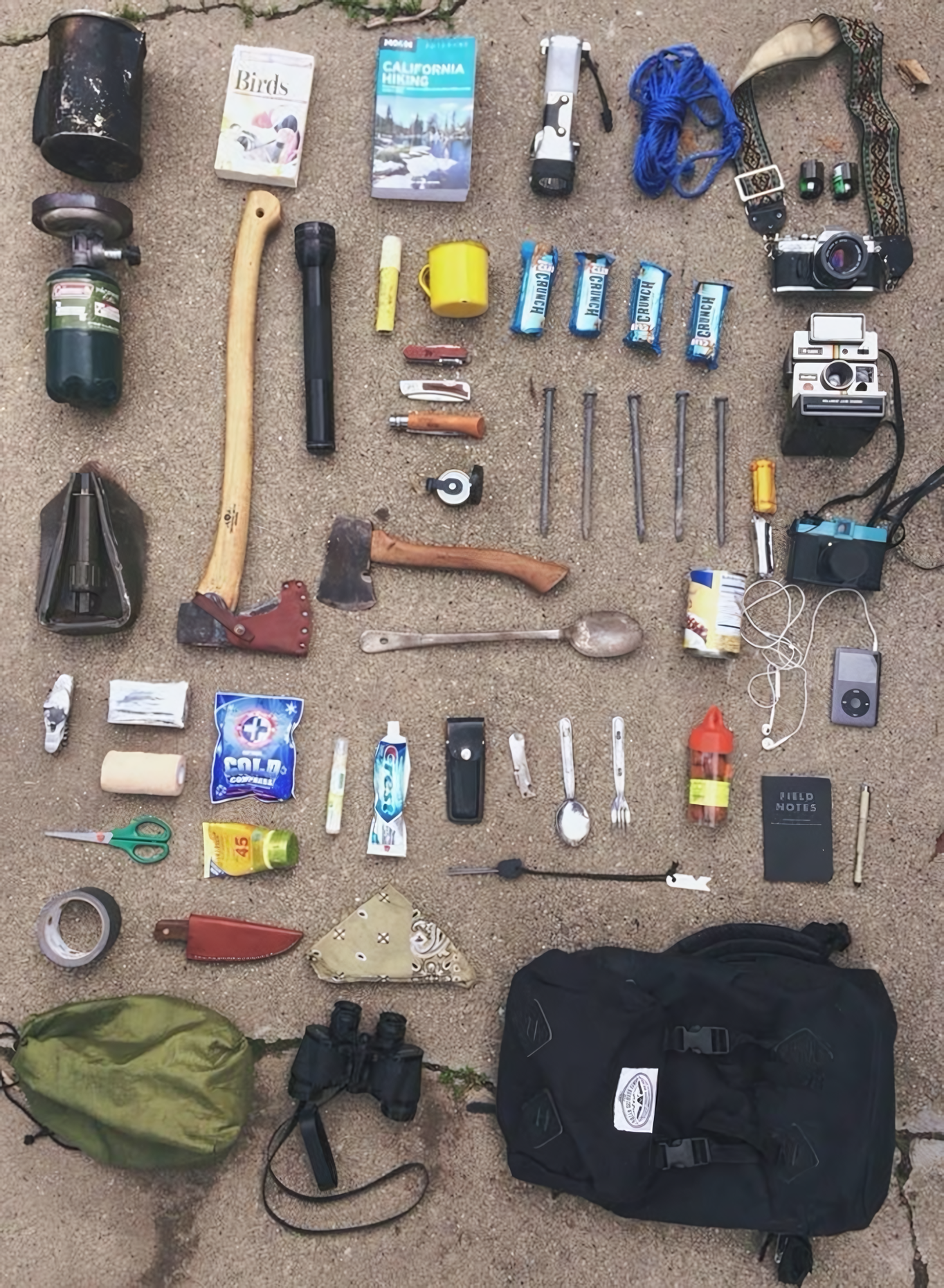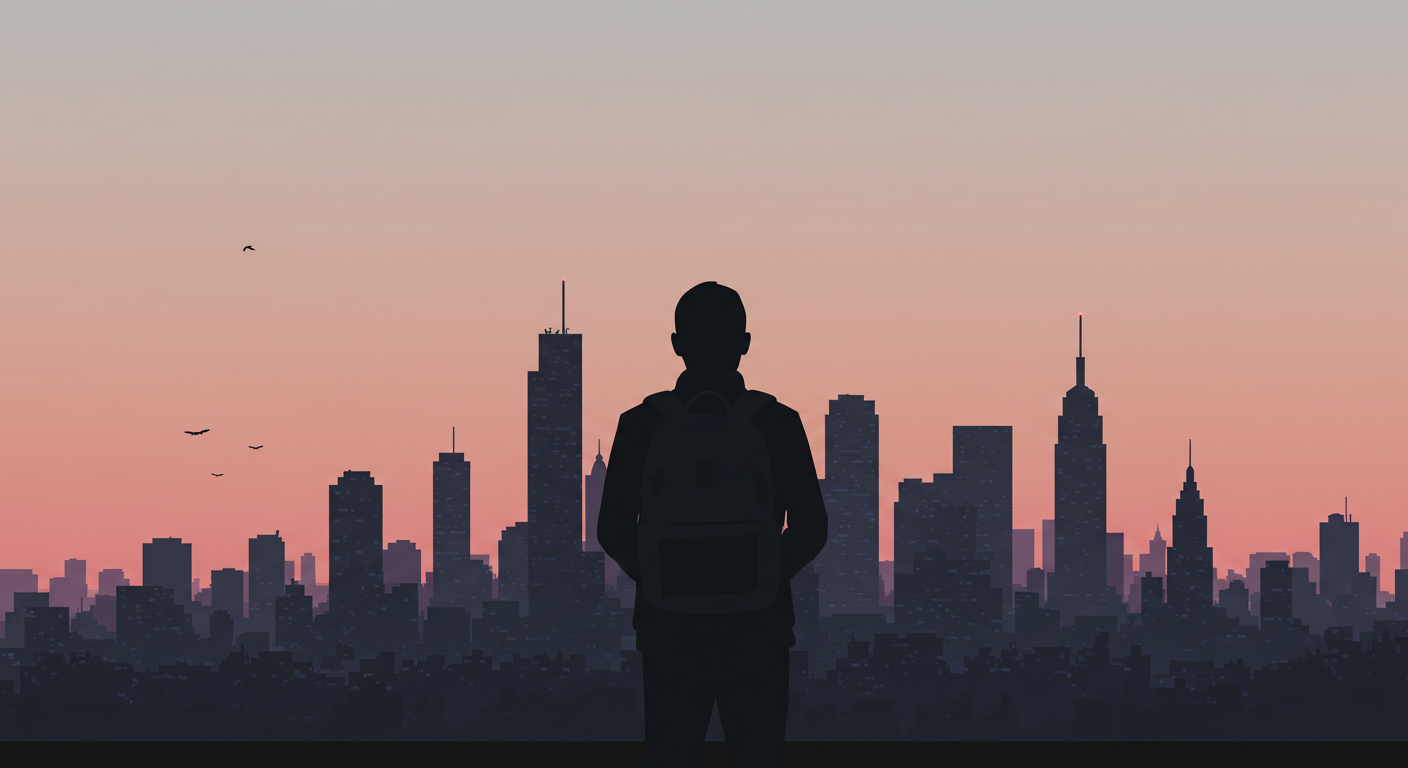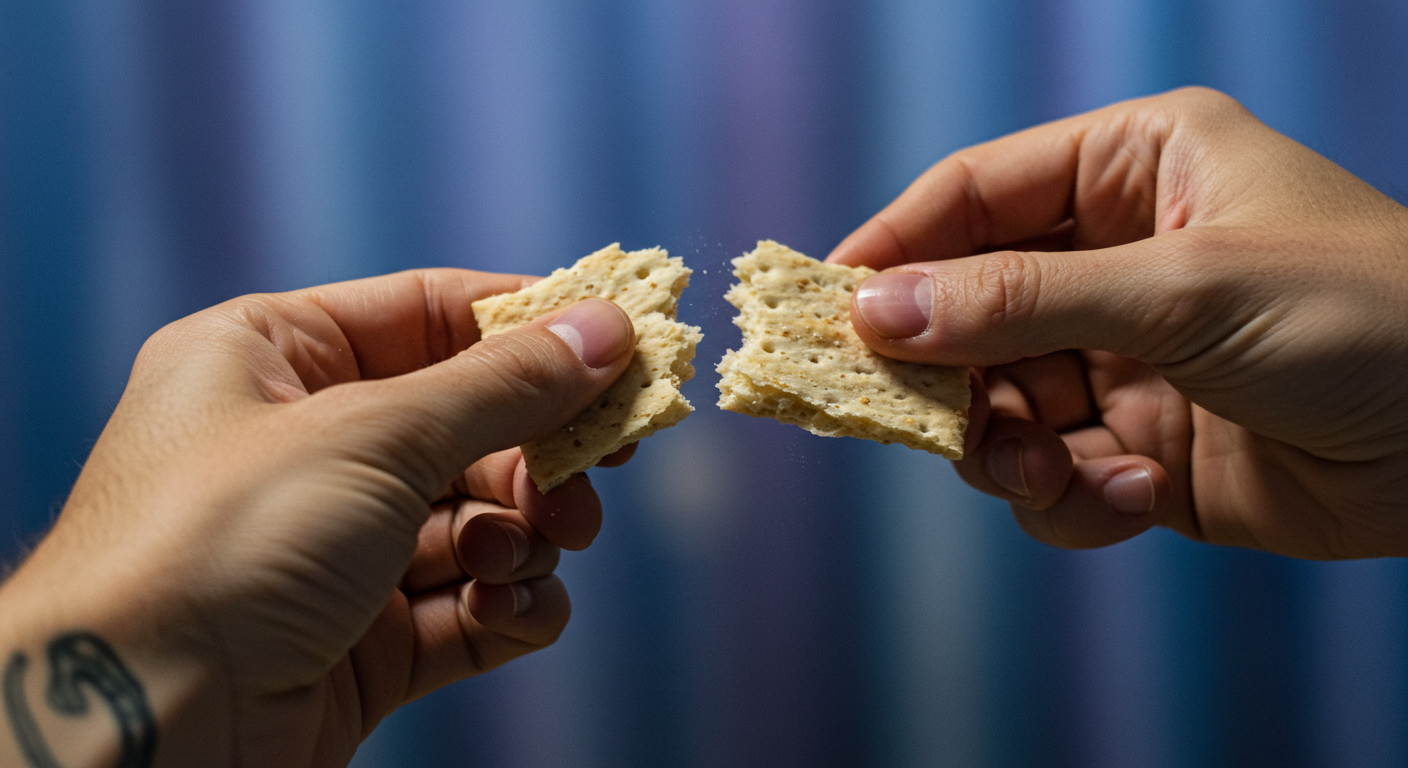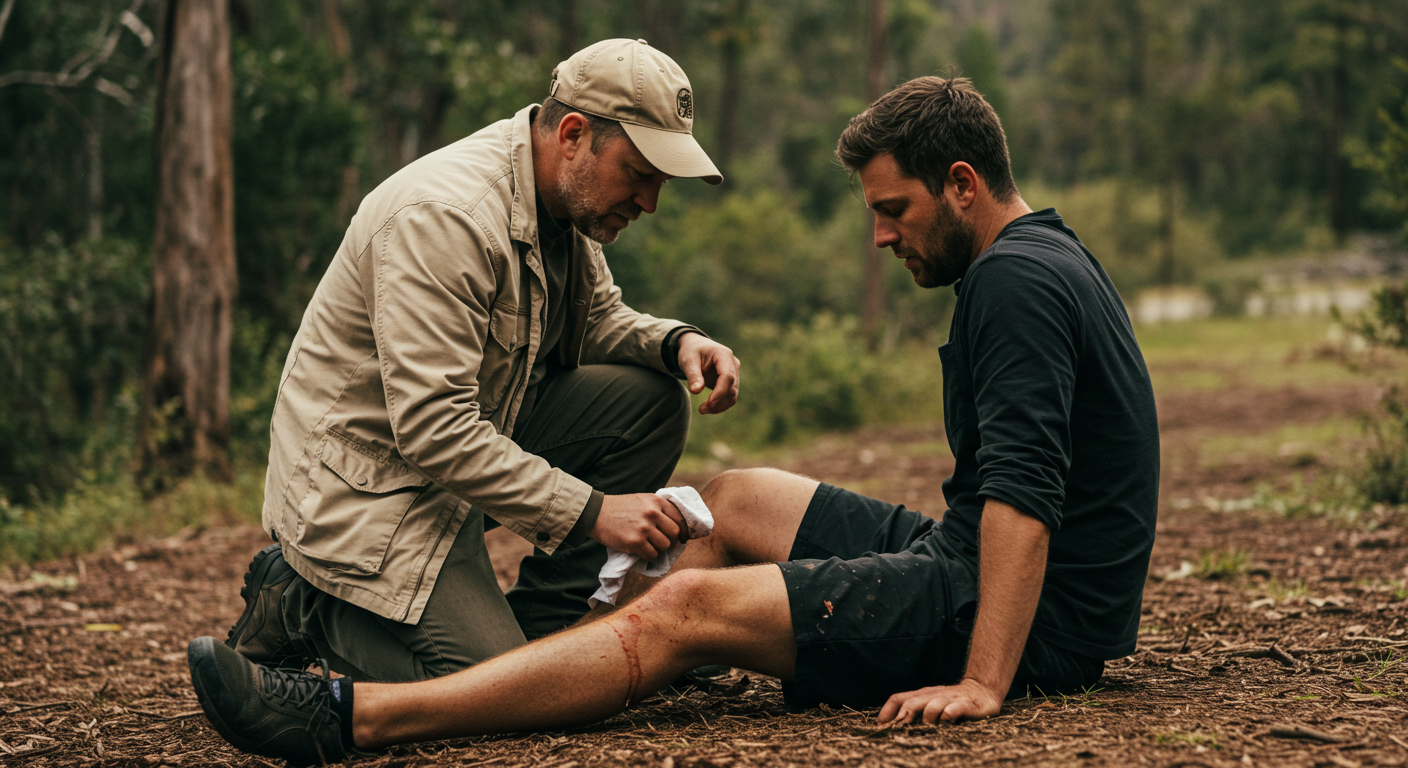When the grid goes down and chaos takes over, your gear can be the difference between life and death. But here’s the harsh reality: the same items you count on to save you can also be the ones that kill you. What you don’t know about your own gear can put you six feet under.
Here are 12 essential survival items every serious prepper should own, along with the hidden dangers you must understand to use them safely.
1. Firearms
A firearm is your ultimate equalizer for defense and for procuring food. In a collapsed society, it can be the only thing standing between your family and those who would take everything you’ve worked for.
The Danger: A firearm is only as safe as your weakest security protocol. Leave it unsecured for five minutes, and it could be turned against you. Without proper training, you risk an accidental discharge that could harm a loved one. Hesitate when it counts, and you’ve just armed your enemy. A firearm is a responsibility that never sleeps. Lock it down, train constantly, and respect every round.
2. Knives
Every prepper needs a good knife. It’s a tool for cutting, building shelter, processing game, and close-quarters defense.
The Danger: A knife doesn’t discriminate between friend and foe. One misplaced cut in a world without trauma surgeons can mean a severed tendon, arterial bleeding, or a life-threatening infection. A dull knife is even more dangerous, as it forces you to use more pressure, leading to accidents. Keep your blade sharp, your grip secure, and your discipline razor-tight.
3. Water Filters
Clean water is non-negotiable. A quality filter can protect you from invisible killers like E. coli and giardia.
The Danger: Filters can fail silently. A cracked casing, a clogged membrane, or an expired cartridge can let contaminants slip through without you noticing until it’s too late. Always have a backup plan. Test your gear regularly, know how to maintain it, and have a secondary purification method like boiling or tablets.
4. Bleach
Unscented liquid bleach is a powerful tool for sanitizing water and medical instruments. It can stop disease outbreaks before they decimate your group.
The Danger: Bleach is a volatile chemical. Mixing it with ammonia-based cleaners creates toxic chlorine gas. Using the wrong ratio to purify water can poison you, while splashing it on your skin can cause chemical burns. Store it like a weapon and learn your ratios like your life depends on it, because it does.
5. Alcohol
High-proof alcohol can be a secret weapon for disinfecting wounds, fueling stoves, and serving as a valuable trade item.
The Danger: Alcohol is a trap. In a crisis, the desire for an escape can lead to dependency. One drink can dull your senses, and two can cloud your judgment. Your mind is your greatest asset in a survival situation; don’t sabotage it. Use alcohol as a utility or for bartering, but never as an escape.
6. Medications
Antibiotics and painkillers are medical force multipliers when hospitals are gone.
The Danger: Expired or misused pharmaceuticals can kill you faster than the conditions they’re meant to treat. Outdated antibiotics may be useless or toxic, while misusing them can breed antibiotic-resistant superbugs. Painkillers can mask the severity of an injury and are easy to overdose on. Your medical cache is precision equipment; know your dosages and rotate your stock religiously.
7. Fire
Fire is humanity’s oldest technology and your key to survival. It cooks food, purifies water, provides warmth, and keeps predators away.
The Danger: Fire is chaos barely contained. One unattended flame, one gust of wind, or one knocked-over lantern can turn your entire base into a funeral pyre. Without fire departments to save you, even a small cooking fire can consume everything you’ve worked to build. Fire serves you only as long as you respect it completely.
8. Gasoline & Fuel
Fuel powers your generator, recharges your communications, and runs your vehicles. It gives you a technological advantage in a world without power.
The Danger: Gasoline is concentrated destruction. Store it improperly, and a single static discharge can turn your retreat into a ground zero. Its fumes can poison you in enclosed spaces, and spills can contaminate water sources for years. Fuel reserves also make you a high-value target for desperate groups. Treat every gallon like it’s dynamite and maintain strict operational security about your reserves.
9. Batteries
Batteries keep your essential electronics—radios, flashlights, and medical devices—operational when the grid dies.
The Danger: Old, damaged, or improperly stored batteries can sabotage your gear. Leaking batteries can destroy electronics with corrosive acid and burn your skin. Mixing battery types or using damaged chargers can cause fires or explosions. Your electronics are only as reliable as their power source. Test them regularly, rotate your stock, and store them properly.
10. Salt
Salt is a critical survival item for preserving meat and maintaining a proper electrolyte balance.
The Danger: Too much salt without adequate water intake can cause dehydration and dangerously high blood pressure. Too little salt when preserving meat can lead to your entire food cache spoiling. Precision matters. Learn proper preservation ratios and monitor your intake.
11. Canned Food
Canned goods are the backbone of any serious food storage program, with their long shelf life and high calorie density.
The Danger: One compromised can could end your story in hours. Botulism thrives in damaged cans and produces a deadly toxin. Swollen, dented, or rusted cans are biological weapons waiting to detonate in your digestive system. Inspect every can as if it were an IED, and diversify your food storage to avoid nutritional deficiencies.
12. Duct Tape
Duct tape is a versatile tool that can patch shelters, secure gear, and handle emergency repairs.
The Danger: Duct tape provides temporary fixes that have a nasty habit of failing when you need them most. Using it improperly on skin can lead to infections. Trusting it for a critical repair could be a fatal mistake. Duct tape buys you time, but it is not a permanent solution to a serious problem.
Final Thoughts
Every item in your survival cache can save your life—or end it. The difference isn’t in the gear itself; it’s in your understanding of that gear. Your survival depends not just on what you carry, but on what you know about what you carry. Don’t let ignorance be the thing that kills you. Stay sharp. Stay alive.
